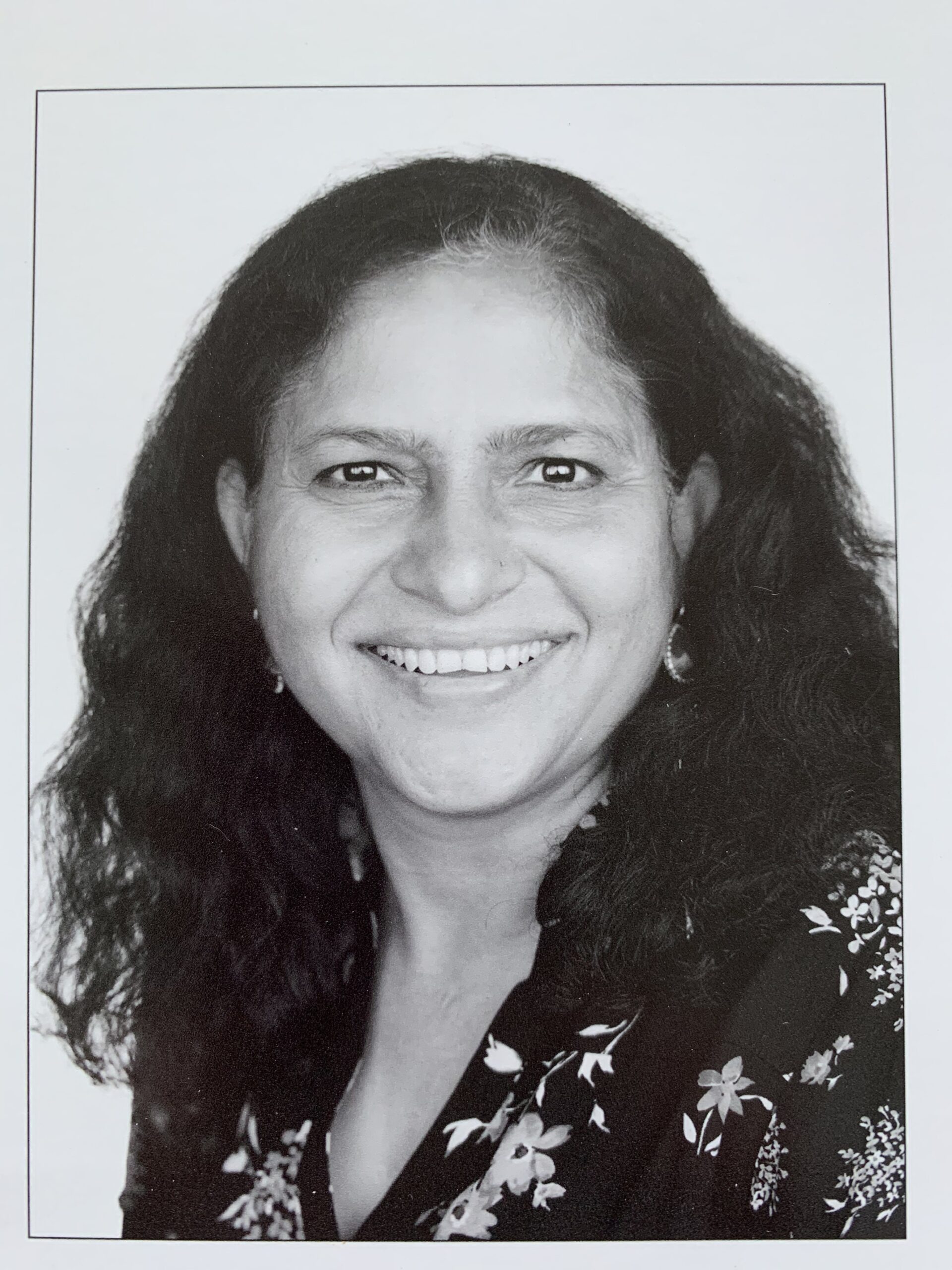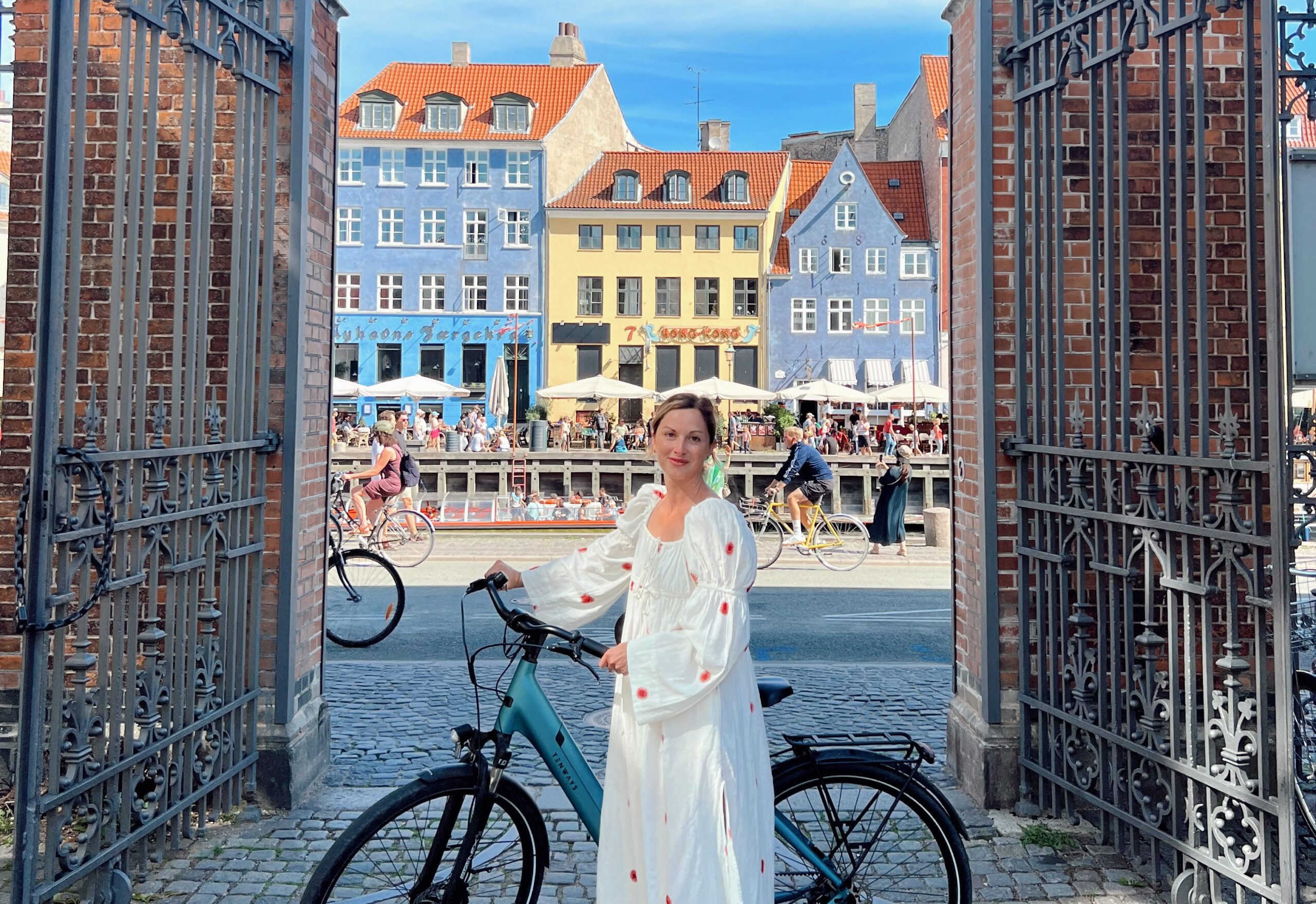After a decade in the making, the controversial freedom of information (FOI) law passed parliament today despite widespread fears it will allow government ministers to cover up corruption and incompetence.
The law, offentlighedsloven, exempts from FOI requests correspondence between ministries and the civil service if a minister is requesting advice. Ministers' calendars are also exempt.
The three parties voting against the law, Enhedslisten, Dansk Folkeparti and Liberal Alliance, have never had ministers in government and consequently would not benefit from the limitations.
The law has been widely condemned and a petition against it has accumulated 85,631 signatures, making it Denmark’s most popular online petition ever.
Despite the widespread condemnation of the law by academics, politicians and the media, Morten Bødskov, the justice minister, argued it was designed to improve the public’s access to official documents.
“We are not covering up abuses of power,” Bødskov told parliament today. “We are expanding openness in public institutions.”
The revised FOI law is designed to update existing procedures, which experts say are antequated, and allow easier and greater access to official documents.
The Justice Ministry has admitted, however, that the changes to the types of ministerial documents covered by FOI requests would have prevented a number of past political scandals from being uncovered.
This is the fear of critics, who argue that the new law is vague and will be interpreted too broadly, though proponents argue it simply provides ministers with the chance to safely voice new ideas with civil servants and other ministries without that information making its way into the media.
But despite repeated requests from critics, Bødksov has so far been unable to provide an example of when the current FOI law proved an obstacle for ministers doing their work.
Mogens Blicher Bjerregård, the chairman of the Danish journalists’ union, argued the new law was a major backward step for transparency in Denmark.
“The law prevents FOI requests, which are designed to ensure that that people have a thorough understanding of this country’s legislation,” Bjerregård told Berlingske newspaper. “It’s as though there has been no willingness to the problems and the warnings that were raised.”
Corruption watchdogs Transparency International Danmark (TI-DK) also urged the government not to vote for the law.
“The law will weaken the media’s role as the fourth estate and watchdog, which would be a very unfortunate consequence,” TI-DK wrote in a press release.
While the coalition government was joined by the two major opposition parties in voting for the law, not everyone wanted to toe the party line.
Despite being a board member in Copenhagen’s Nørrebro for the party Radikale, which voted in favour of the law, Anders Højsted was a central figure behind the petition against the law.
“I see the potential for it to lead to massive abuse of power,” Højsted told The Copenhagen Post, adding that the law did improve the transparency of local and regional governmental organisations.
“But the negative sides of the law overshadow the positive sides. It increases access to information in institutions far away from the political process and limits access to the actual political process. It needs to be the other way around. We need to know what’s going on within the political process.”
Højsted said today's vote wasn’t the final word. Opponents are considering several options for challenging the law, including forcing a referendum.
Such a measure requires the approval of 60 MPs and after 43 of parliament’s 179 members voted against the law today, only 17 more would be needed to give the public a say on whether government’s should be entitled to withhold information from the public that explains how and why they make the decisions they do.
The law will take effect on January 1, and will be evaluated and debated in parliament after three years.














